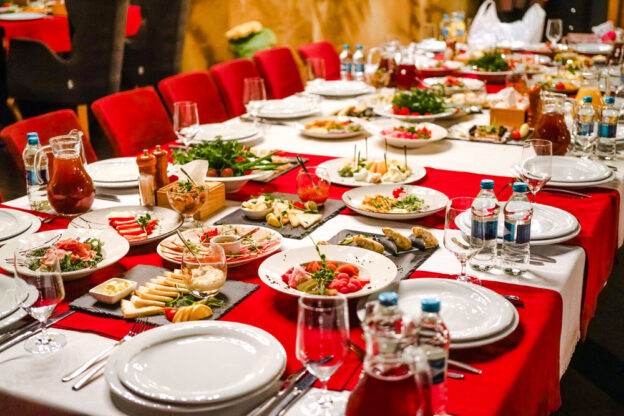“Loneliness and isolation represent profound threats to our health and well-being.” So wrote U.S. surgeon general Vivek Murthy in his Advisory on the Healing Effects of Social Connection and Community. Loneliness and isolation can be detrimental to our mental, physical, spiritual, and social health and many people crave connection and community.
Loneliness is a feeling of sadness or distress about being alone, often involving a lack of meaningful connection or companionship. Isolation, on the other hand, is more of an objective state where an individual has minimal contact with others due to various reasons such as living alone, physical disabilities, or social circumstances. Isolation or solitude may lead to a feeling of loneliness, but not always. Not everyone is seeking meaningful or close relationships or a sense of belonging, but many people feel lonely.
Numerous local and global initiatives are focused on addressing this loneliness epidemic. The Global Initiative on Loneliness and Connection (GILC) brings together national organizations committed to ending the pressing global issues of loneliness and social isolation, supporting the dissemination of system-wide, national approaches to build social connection.
In her book, The Art and Science of Connection, and her TED talk, Why Social Health is Key to Happiness and Longevity, Kasley Killam explains the importance of social health and introduces her 5-3-1 guideline: Five different people per week. Three close relationships overall. One hour of quality interaction each day. Simple but valuable guidance!
In a previous blog post, The Third Place, I wrote about our conversation circles: Each circle serves as a special community, fostering wonderful interactions and building connections that often develop into lasting friendships with people we may never meet in person. These virtual third places are for deep conversations – places for listening, learning, sharing, and improving our social wellness. If you are looking for connection and community, and you are curious about these circles, visit the Conscious Conversation Circles web page or email me at paulw@drpaulward.com. Do yourself a favor and improve your social health today. Join a conversation circle.




